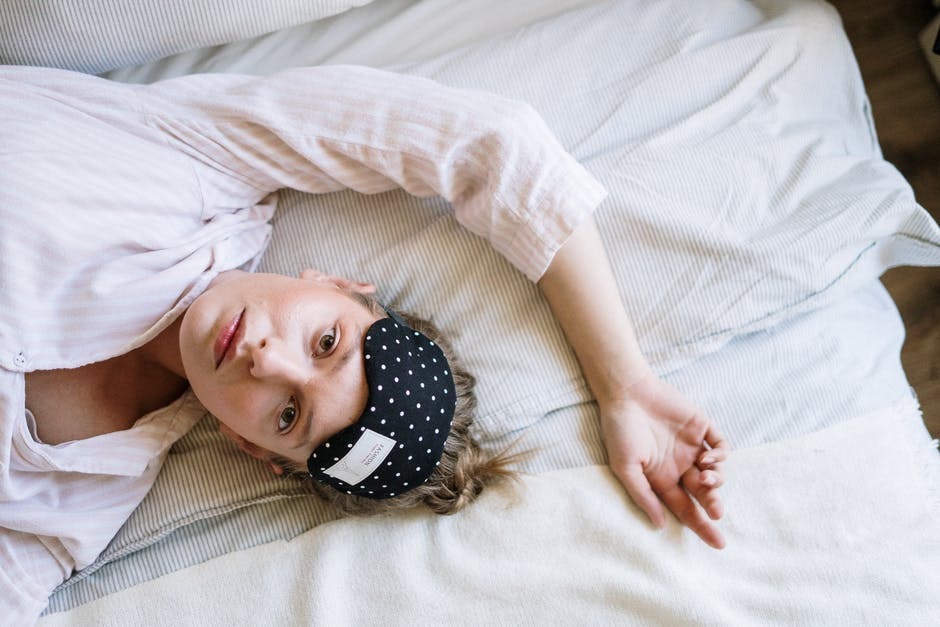Some people think that drinking alcohol before going to bed will help them relax and fall asleep. Alcohol does have some sedative properties and may be useful in the act of falling asleep. However, while this behavior seems to be a great solution to getting good sleep, it can lead to a variety of sleep disorders with consistent use.
Metabolism of Alcohol
When you go to bed with a few drinks in your system, your body has to work to metabolize the alcohol in the sleep state. As your body works to metabolize alcohol, your REM cycles are disrupted. When the alcohol is metabolized, your body signals you to wake up.
This can cause individuals to get less sleep than they need or feel unable to fall back asleep while they are still tired.
Disturbed Sleep
Disturbed sleep commonly occurs after three days of consistent drinking. Initially, the consumption of alcohol may help you fall asleep, but this effect typically wears off within three days and alters your body’s ability to fall asleep.
If you find you are unable to fall asleep without the assistance of alcohol, your body is becoming dependent on the substance to sleep. With continued use, alcohol can feel more necessary as the body begins to struggle to induce sleep without it.
Moreover, sleeping under the influence of alcohol leads to poor sleep quality, leaving you tired and restless in the morning. Alcohol alters the sleep waves and the length of each sleep stage, causing your body to feel a need for more sleep. You might not function to your full potential if your sleep patterns are disrupted.
Getting stuck in a state of disturbed sleep night after night can cause a variety of long-term health issues and be problematic in your recovery process.
Chronic Insomnia
Insomnia is the inability to fall asleep, often associated with irritability and restlessness throughout the night.
Acute insomnia may only last a few days or weeks. Chronic insomnia is present for a minimum of three months and can often last years if untreated. Acute insomnia may be present with heavy consumption of alcohol, but chronic insomnia is more common for those who struggle with alcohol addiction.
Many studies are still being conducted to observe the correlation between chronic insomnia and alcoholism. Currently, almost 60% of individuals who have alcohol use disorder also have insomnia. This is not proven to be the cause of insomnia, but there is a strong correlation between insomnia and alcoholism.
Sleep Apnea
Sleep apnea is a condition in which an individual experiences irregular breathing in their sleep. This is a common sleep disorder that can start from the abuse of alcohol and continue to affect people after recovery.
Adjusting your natural breathing rhythm in your sleep is not easy. Sleep apnea sometimes goes away after someone has maintained long-term sobriety, but it tends to last longer than other sleep disorders associated with alcohol.
Aging Effects
Along with a variety of sleep disorders, addiction and a lack of sleep over a long period can have a drastic effect on your aging, both physically and mentally.
If you continually drink alcohol before going to bed and adjust your body to this negative sleep cycle, your body is not able to fulfill its ability to rest and recover while you sleep. This can cause you to age at a faster pace and have more trouble with overall functioning at a younger age.
Conversely, ensuring you are getting healthy sleep has a lot of benefits on your long-term health and your ability to recover from addiction.
Potential for Relapse
When working through the process of recovery from a sleep disorder, you have to be extremely mindful. When alcohol is consumed, the length and quality of sleep are greatly decreased. This is also the case for individuals who are feeling withdrawal symptoms. A lack of sleep for even a couple of days can trigger a mental relapse and cause your body to feel the need to use the substance to induce sleep. Giving in to this craving will only reinforce your body’s need for the substance and create more challenges for you to overcome in recovery.
Sleep is a very important factor in maintaining your overall health. Having your sleeping patterns altered consistently can cause a lack of functioning in your overall lifestyle. When adjusting your habits and implementing new strategies in recovery, this lack of sleep can be extremely detrimental. With your sleep schedule playing against you, it can be easy to get frustrated and quickly revert to old behaviors and habits.
While some individuals use alcohol to induce sleep, alcohol consumption can produce many harmful effects on sleep that can have negative consequences on your overall health and well-being. Temporarily, alcohol can help induce sleep. However, with use for over two or three days, alcohol can cause a variety of different sleep disorders. Insomnia, sleep apnea, and general sleep disturbances are very common for individuals struggling with alcohol use disorder. These sleep disorders can cause a variety of negative health effects that take a toll on the process of recovery. Avoid drinking alcohol for a few hours before you plan to go to bed to help reduce the chances of developing a sleep disorder along with alcohol dependence and to ensure you are getting the sleep you need to recover. To learn more about the sleep disorders that occur with alcoholism, reach out to Dream Recovery at (949) 732-1960.


Recent Comments